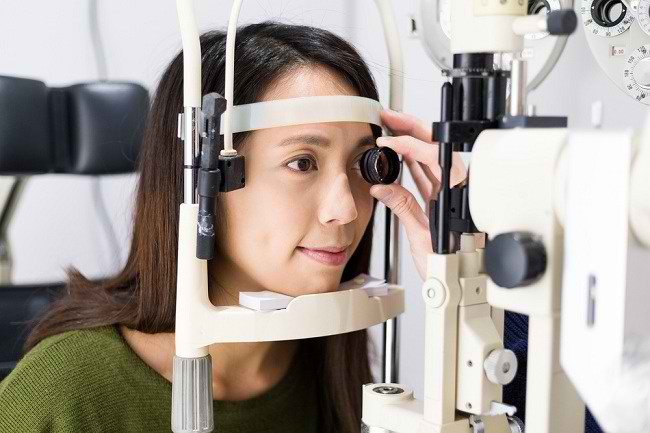Various Retina Eye Diseases You Need to Know
Retina of the eye is a thin layer behind the eye that is useful for capturing light. Damage to this layer will affect your ability to see .
The main function of the retina of the eye is to capture light and arrange it as visual information which is then sent to the brain via the optic nerve. In the middle of this neural network is a macula which allows you to see clearly.

Retina of the eye has a very important role in vision. If the retina is exposed to certain diseases, vision can experience interference.
Retinal Disease
The following are some diseases of the retina of the eye which can reduce the ability to see:
1. Diabetic retinopathy
Diabetic retinopathy is a complication of diabetes that causes blockage of blood vessels in the retina of the eye. This condition can make the retina swell or leak.
This might trigger the formation of new blood vessels in the retina. These blood vessels are more fragile, so they break more easily and can interfere with vision.
2. Macular degeneration
Another disorder that can reduce the function of the retina of the eye is macular degeneration. This condition is characterized by a decreased ability to see caused by damage to the central part of the retina (macula). Macular degeneration is more common in older people.
3. Retinal detachment
Retinal detachment occurs when the retina of the eye detaches from its supporting tissue. This condition is classified as a serious problem and requires immediate treatment. Without fast and precise treatment, retinal detachment can cause permanent blindness.
4. Retinoblastoma
Retinoblastoma is a type of eye cancer that is fairly rare and can interfere with visual function. Retinoblastoma is more common in children, especially toddlers.
The main sign of retinoblastoma is the cat's eye reflex, which is the appearance of white light reflections on the pupils of the eye, when exposed to light beams or camera blits.
How to Maintain Healthy Retina of the Eye
To keep the retina healthy, there are several steps you can take, namely:
1. Eat nutritious food
Fill your nutritional needs, especially vitamins A, C, and E, lutein, zinc, and omega-3 fatty acids. You can get a variety of these nutrients by eating green vegetables, beans, eggs, and sea fish.
2. Wear sunglasses
Direct exposure to ultraviolet (UV) light in the eye in the long term can increase the risk of cataracts and macular degeneration. Therefore, wear sunglasses when you want to move outdoors for a long time during the day.
3. Rest your eyes
Too long staring at a computer screen or cellphone (cellphone) can cause tired eyes. This habit can cause the vision to become blurred, eyes difficult to focus, dry eyes, and pain in the head and neck. You can work around this by shifting your eyes from the computer screen or cellphone for 20 seconds, every 20 minutes.
4. Stop smoking
The influence of smoking in the long term can interfere with overall health, including eye health. Smoking can increase the risk of cataracts, optic nerve damage, and macular degeneration that can cause blindness. For that, you are advised to stop smoking.
To clearly assess the health of the retina of the eye, an eye doctor requires an examination of the retina. Eye retinal examination aims to determine the possibility of damage to the retina or problems related to decreased retinal function.
Some of the examinations that may be recommended by ophthalmologists to assess retinal conditions include radiology (USG, CT scan, MRI), optical coherence tomography (OCT), amsler grid test/ i>, and angiography with contrast substances
Diseases of the retina of the eye should not be underestimated because they can interfere with vision, even cause blindness. If you experience eye or vision complaints, you should immediately consult an ophthalmologist to get the right treatment.
Label : Health
Comments
Post a Comment